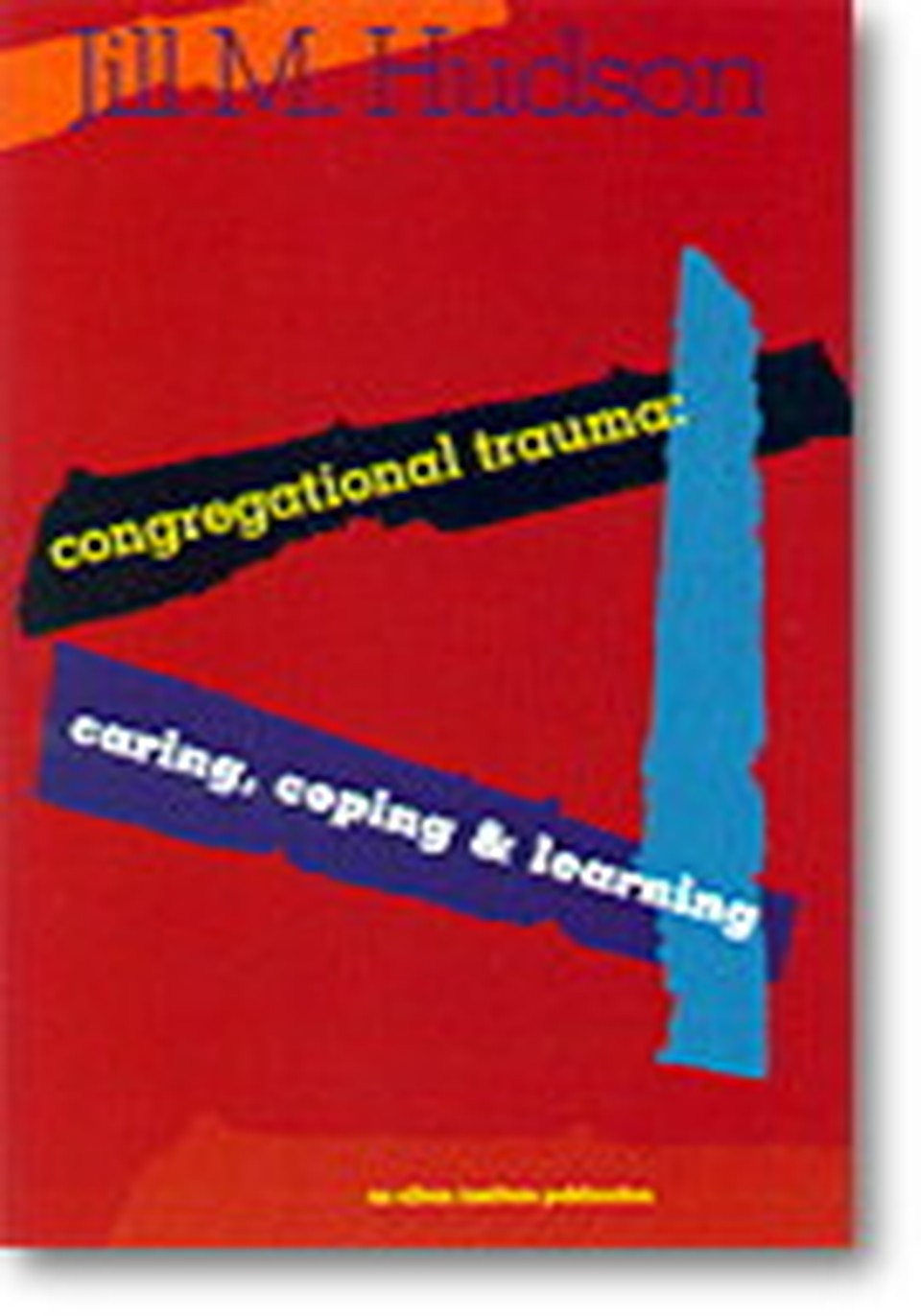How to help youth in crisis

Adults often wish they could make trauma vanish for children, but they cannot. When they try to do this for children, they increase the effect of the trauma because children read the message that is not OK to acknowledge that it is a part of them forever.
When working with adolescents, adults should remember the following:
- Don't fall apart. It's OK to shed some tears and to express anger or other feelings verbally - as long as emotional control remains intact. The young person may reason that if you can't handle it, how can he or she be expected to handle it?
- Don't make false promises. Don't promise anything that you are not sure of. If you don't know, say, I don't know, but I will try to find out. Sweeping general promises such as Everything will be all right, are particularly dangerous because they tend to minimize the seriousness of the event.
- Don't make judgments. Be careful with your facial expressions, body language, inferences, and questions. The young person might interpret them to mean that he or she has done something wrong. The focus must be on the young person's needs at this time.
- Don't play detective. Leave that to the people whose job it is and who are expected to do it. Instead, play the role of supporting the youth as he or she copes with the inevitable investigation.
- Don't disrupt the structure of youths' lives more than necessary. Young people may complain about the burden of schoolwork, chores, or their responsibilities; but they need the structure of an ordinary day. Be sensible about expectations, and reduce the stress through avoiding introducing new tasks or duties. This approach preserves a sense of security.
- Don't withdraw from young people in emotional crisis. Other people may withdraw because they don't know what to do or say. Acknowledge privately to the young person that you know schoolwork or chores may be difficult right now, but that you are willing to help him or her succeed. Then demonstrate this is true.
Adapted from Congregational Trauma: Caring, Coping & Learning by Jill M. Hudson with permission from the Alban Institute, Inc., 7315 Wisconsin Ave., Suite 1250W, Bethesda, Maryland 20814-3211, 1-800-486-1318. Copyright (c) 1998. All rights reserved.
The Rev. Jill Hudson is a speaker and consultant who co-leads the annual Clergy Development Institute with Roy Oswald. She has extensive experience in the areas of parish/pastor relationships, conflict management, and congregational redevelopment, and serves as Executive Presbyter of the Presbytery of Whitewater Valley in Indianapolis.
Originally published September 06, 2001.







